Cities are the abyss of the human species
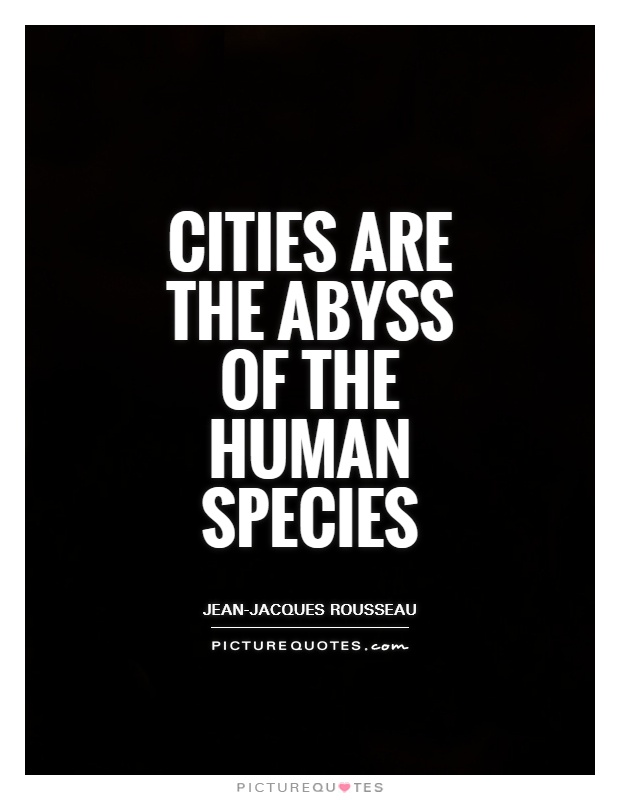
Cities are the abyss of the human species
Jean-Jacques Rousseau, a prominent philosopher of the 18th century, is often quoted as saying, “Cities are the abyss of the human species.” This statement reflects Rousseau’s deep skepticism and criticism of urban life and its impact on human beings. Rousseau believed that cities were corrupting influences that led to the degradation of human nature and the loss of individual freedom and authenticity.Rousseau’s view on cities can be understood in the context of his broader philosophy, which emphasized the importance of nature, simplicity, and authenticity in human life. He believed that human beings were inherently good and virtuous in their natural state, but that civilization and urbanization had corrupted them. In his famous work, “Discourse on the Origin and Basis of Inequality Among Men,” Rousseau argued that the development of cities and the rise of social hierarchies had led to the alienation and oppression of individuals, as well as the erosion of their natural virtues and moral values.
According to Rousseau, cities were breeding grounds for vice, greed, and inequality. In cities, people were driven by materialistic desires and social status, rather than by genuine human connections and moral principles. The competitive and artificial nature of urban life, with its emphasis on wealth, power, and social status, led to the erosion of human relationships and the loss of individual freedom and authenticity. Rousseau believed that in cities, people became alienated from themselves, from each other, and from nature, leading to a sense of emptiness and despair.
Rousseau’s critique of cities can also be seen as a critique of modernity and industrialization. He believed that the rapid growth of cities and the expansion of industry had led to the destruction of natural landscapes, the exploitation of resources, and the degradation of the environment. In his view, cities were not only harmful to human beings, but also to the natural world, which suffered from pollution, deforestation, and other forms of environmental degradation.
Overall, Rousseau’s statement that “cities are the abyss of the human species” reflects his deep concern about the negative impact of urbanization on human beings and the environment. He believed that cities were dehumanizing and destructive forces that undermined the natural virtues and moral values of individuals, leading to alienation, inequality, and environmental degradation. Rousseau’s critique of cities continues to resonate today, as we grapple with the challenges of urbanization, industrialization, and environmental degradation in the modern world.
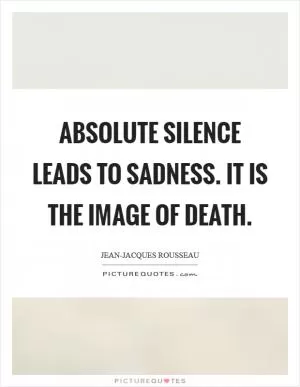

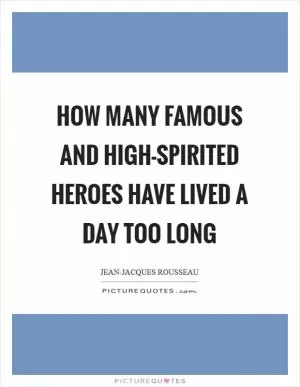
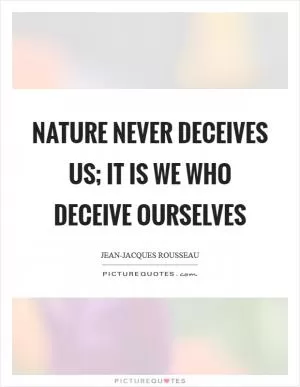
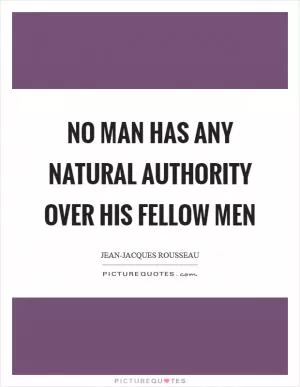

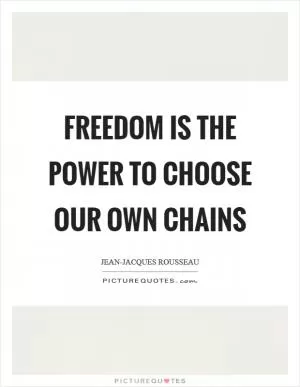
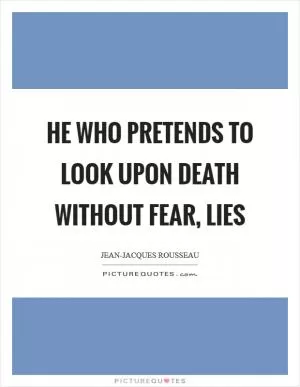
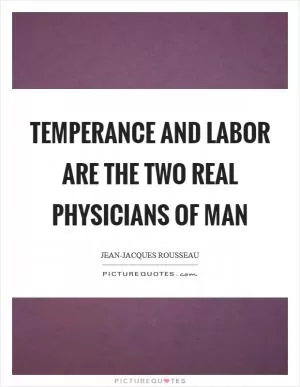
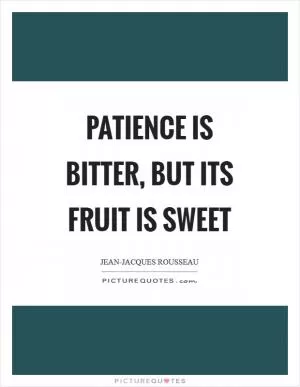
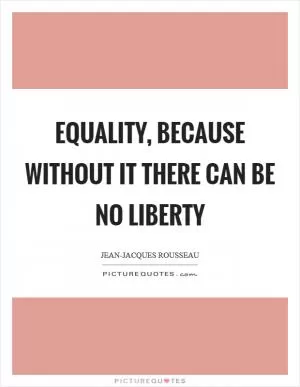
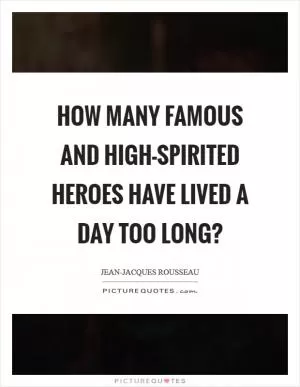
 Friendship Quotes
Friendship Quotes Love Quotes
Love Quotes Life Quotes
Life Quotes Funny Quotes
Funny Quotes Motivational Quotes
Motivational Quotes Inspirational Quotes
Inspirational Quotes